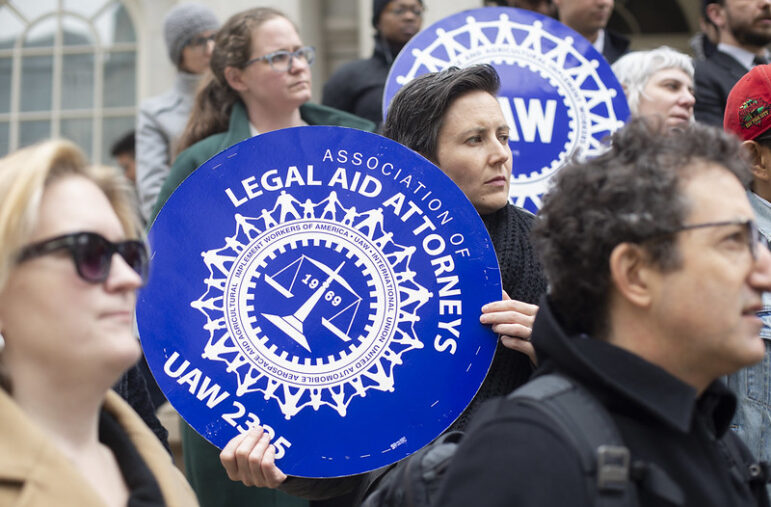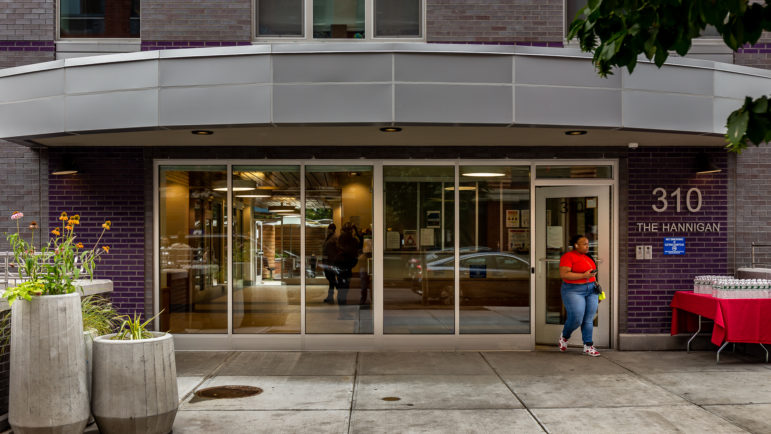When the federal government gave New York State $3.5 million this year to implement the sweeping new federal adoption law now being phased in, Albany’s law-and-order legislature spent $2.2 million of the cash to fingerprint prospective parents.
But Child Welfare Watch has found that less than 1 percent of the parents screened have a criminal record. So far, the state has rooted out only 100 felons after fingerprinting 11,000 adult family members in potential adoptive homes, according to officials at the city Administration for Children’s Services (ACS). Overall, it is not clear how many families the city will have to fingerprint.
The policy follows from New York State’s version of the federal Adoption and Safe Families Act, a tough new law that pushes states to tighten up adoption rules and speed up the process. Under New York’s law, passed last February, anyone convicted of domestic violence, homicide or child abuse is automatically barred from ever adopting a child. Applicants with recent drug convictions are also barred. The law makes no exemptions, even if the crime is decades old, or if the ex-con has already proven to be an exceptional foster parent.
The federal law has given states some flexibility; a few, including Illinois and Pennsylvania, permit foster parents with decade-old criminal convictions to adopt. Yet despite pressure from judges and family preservation advocates, New York put the strictest possible measures into play.
Now, in what promises to be the first of many challenges to the complicated and controversial new law, the city is pushing to soften the one-strike-and-you’re-out provision. ACS Commissioner Nicholas Scoppetta is currently drafting a bill that would grant Family Court judges more leeway in giving fully rehabilitated felons permission to adopt kids, if they have a proven track record of responsible parenting. The legislation would “give the court discretion in deciding what is in the child’s best interest in these types of exceptional cases,” says Jennifer Falk, a spokesperson for the agency.
The news comes just a month after Brooklyn Family Court judge Philip Segal ruled that a 53-year-old Brooklyn woman should be able to adopt her four young nieces, even though she has a 20-year-old felony conviction. In 1979, the woman pleaded guilty to killing her abusive boyfriend in self-defense. After finishing three years of probation, she has led a law-abiding life as a dental assistant and had been caring for her nieces for the past eight years. Citing her “excellent” care of the children, Judge Segal ruled that the law shouldn’t prevent her from trying to adopt the girls.
Adapted from a Child Welfare Watch news brief. To subscribe, call Shalini Ahuja at 212-479-3348.








